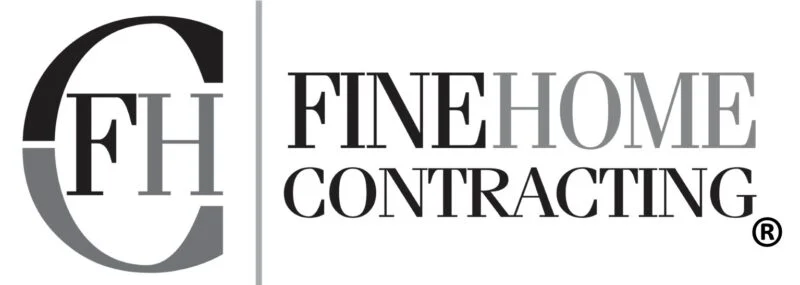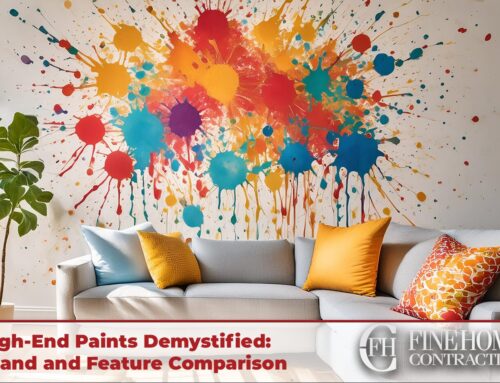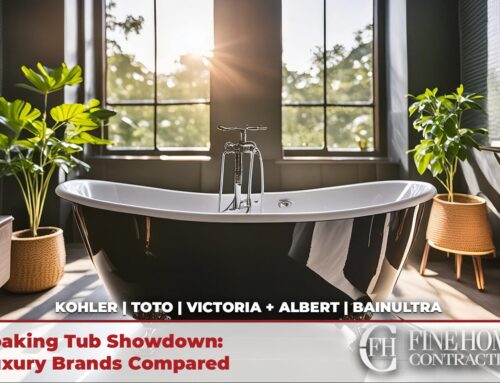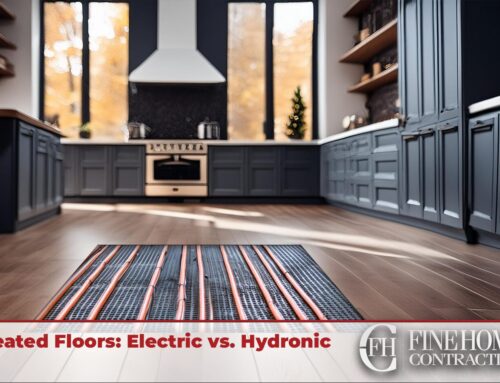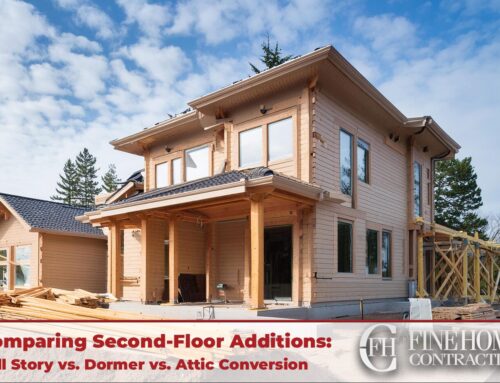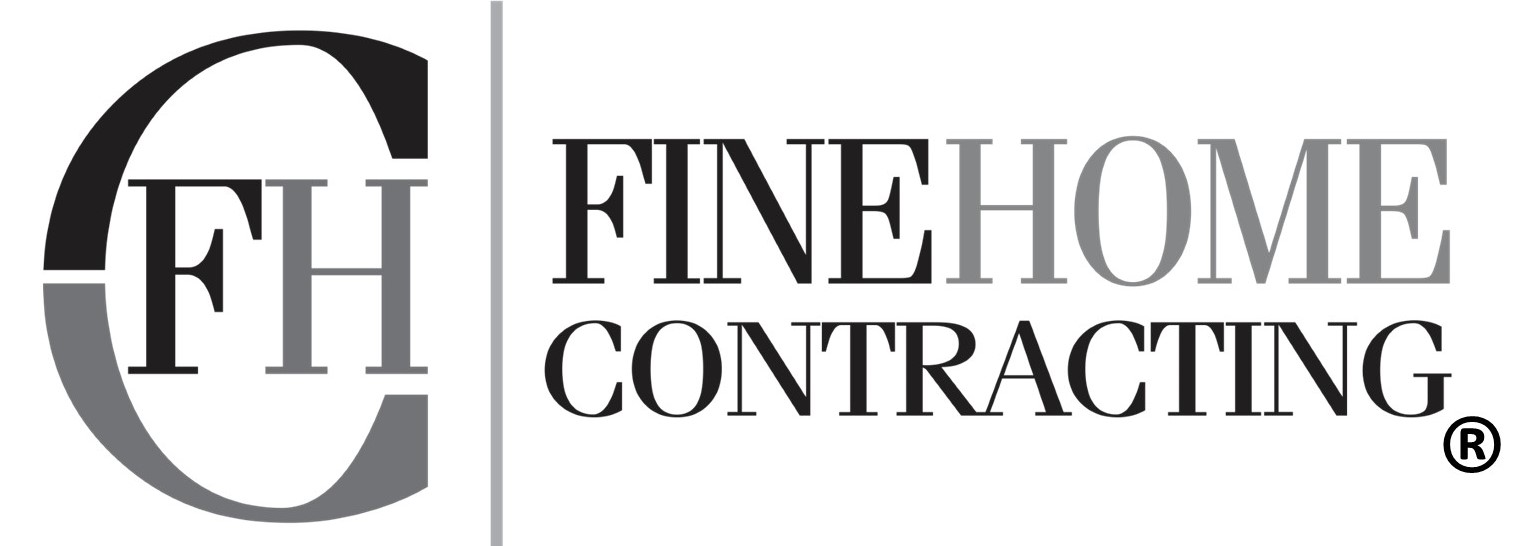Renovating a starter home can be a fulfilling journey, but it often comes with financial challenges. What if you could finance both the purchase of your new home and its renovation in a single loan? That’s where the FHA 203(k) loan program steps in, providing an excellent solution for those looking to turn their starter home into their dream home. In this article, we’ll walk you through the 203(k) renovation process, explaining its different aspects and offering valuable tips along the way.
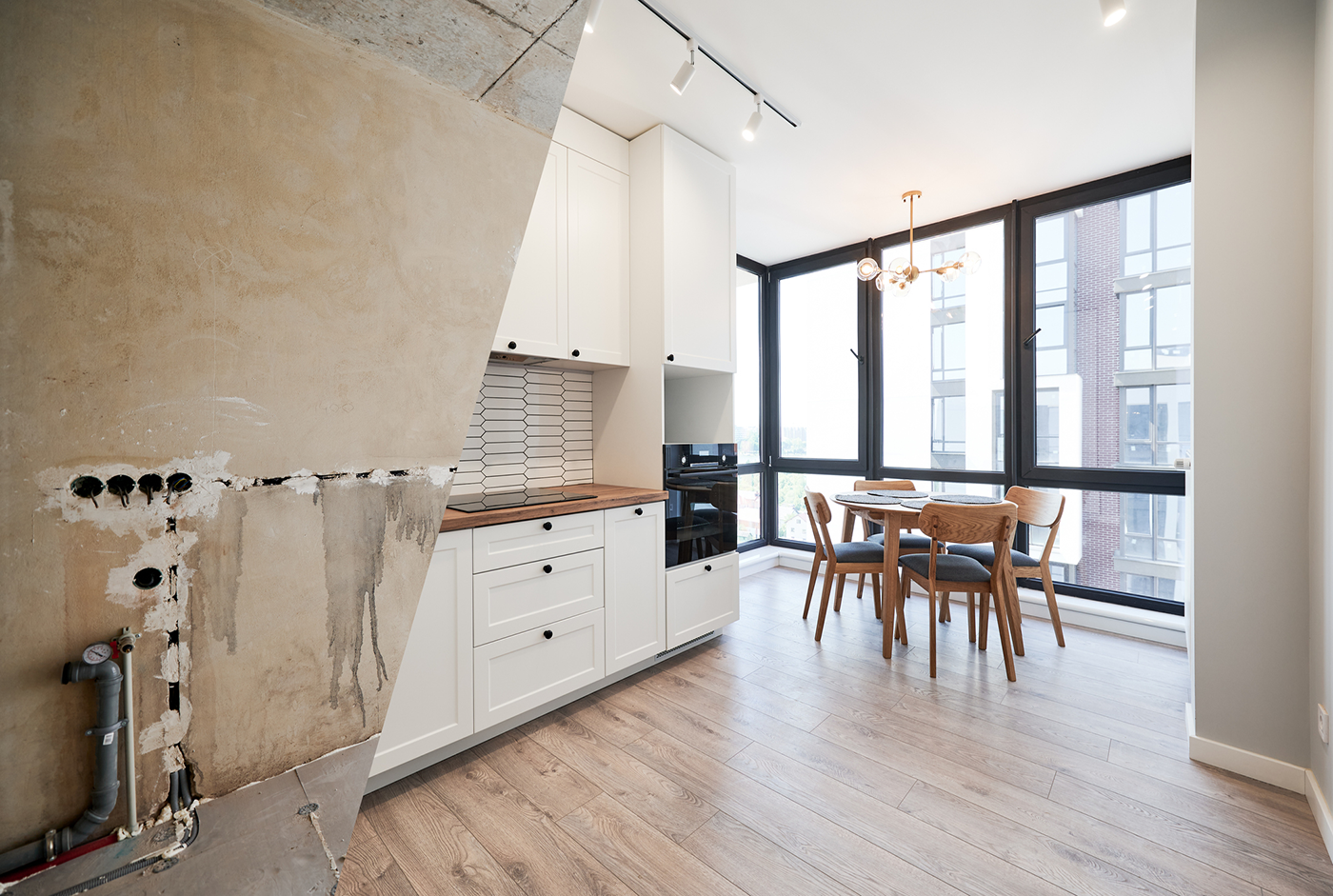
What is an FHA 203(k) Renovation Loan?
The FHA 203(k) loan is a unique program offered by the Federal Housing Administration (FHA). It allows you to finance both the purchase or refinance of a home and its renovation costs within a single mortgage. This means you can buy a fixer-upper, or even refinance your existing home, and have the funds to make necessary repairs or improvements.
Pros of 203(k)s
Cons of 203(k)s
The Key Players: Lender, Inspector, and Contractor
To successfully navigate the FHA 203(k) renovation process, you’ll need the collaboration of three essential parties:
Lender
Your lender plays a pivotal role in the 203(k) process. They’ll help you secure the loan, guide you through the application, and ensure all paperwork is in order. They’ll also hold the funds in an escrow account and disburse them as the renovation progresses.
Inspector:
An FHA-approved 203(k) consultant or inspector evaluates the property to determine its current condition and the scope of necessary repairs or improvements. They create a detailed work plan and cost estimate that is crucial for the loan approval.
Contractor:
The contractor you select should be experienced with FHA 203(k) projects. They will perform the necessary renovations according to the approved plan. Communication with your contractor is vital to ensure the work stays on track and on budget.
Need a recommendation for an inspector, lender, or contractor? See our Business Partners page!
The Stages of the 203(k) Renovation Process
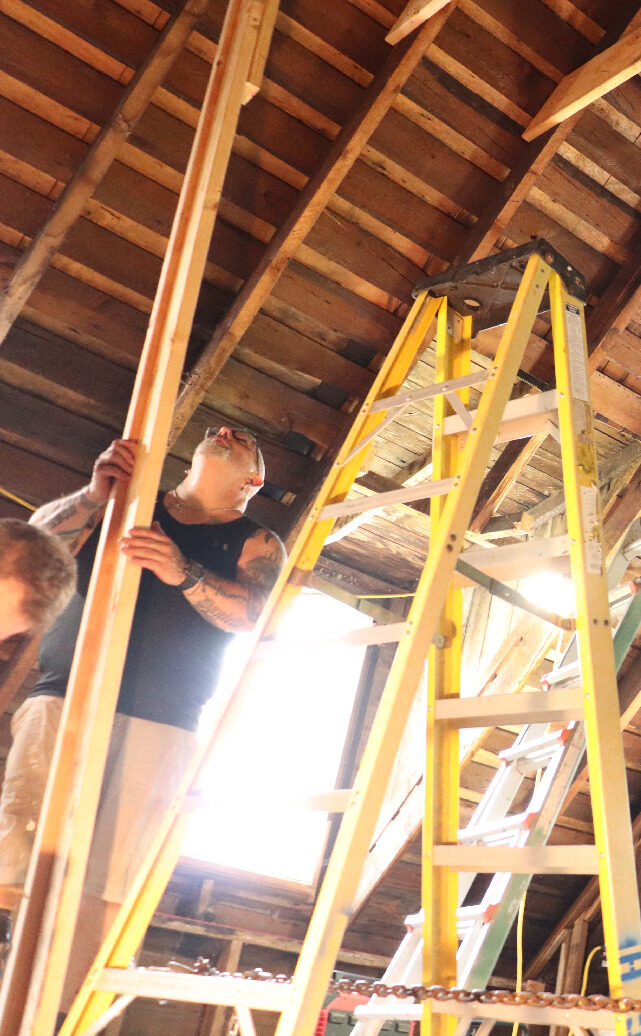
Tips for a Successful 203(k) Renovation
Select an Experienced Lender: Choose a lender who is well-versed in FHA 203(k) loans to guide you through the process.
Find the Right Contractor: Select a reputable contractor with experience in 203(k) renovations, and ensure open communication throughout the project.
Stick to the Plan: It’s crucial to adhere to the work plan and budget created during the inspection stage to ensure a successful renovation.
Be Prepared for Inspections: Expect regular inspections to assess the progress and quality of the work.
Plan for Contingencies: Unexpected issues can arise during renovations, so having some flexibility in your budget and timeline is advisable.
Renovating your starter home with an FHA 203(k) loan can turn your dreams of a beautiful, updated space into a reality. With the right team and careful planning, you can enjoy the process of transforming your house into the home you’ve always wanted.
